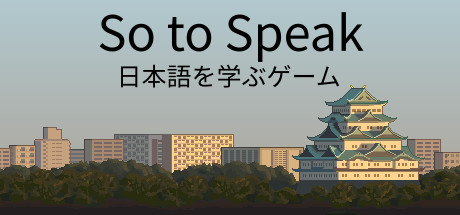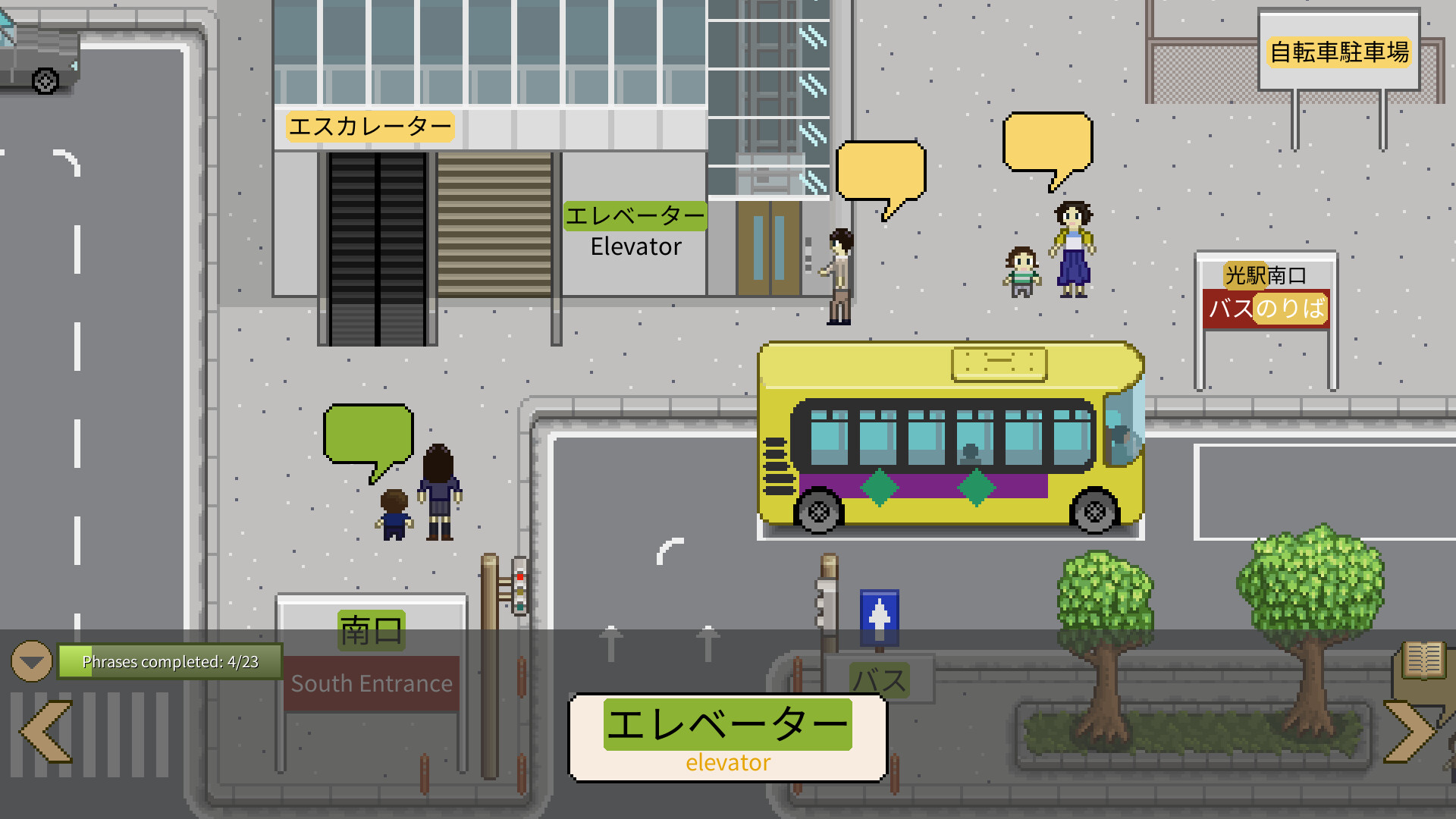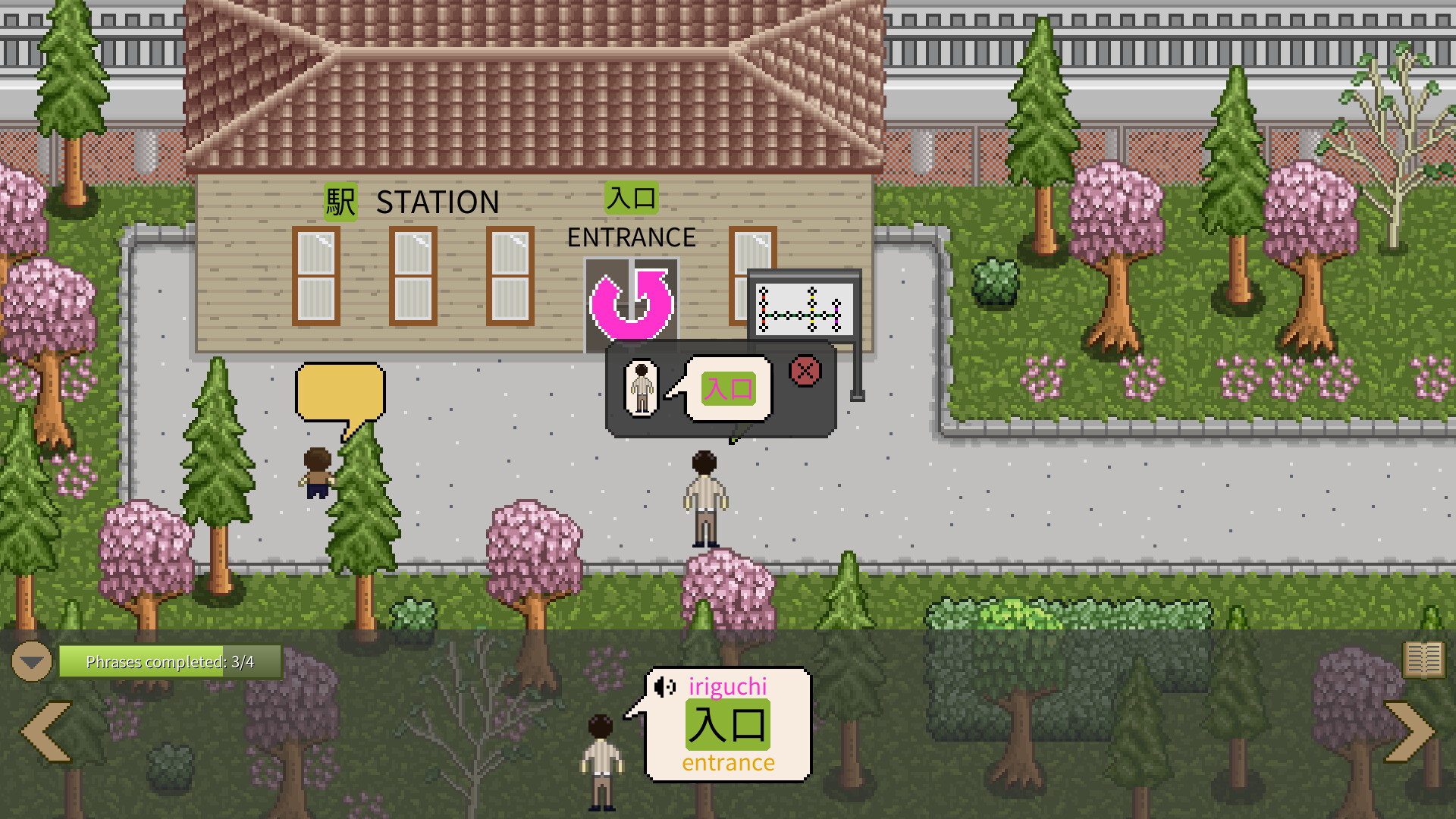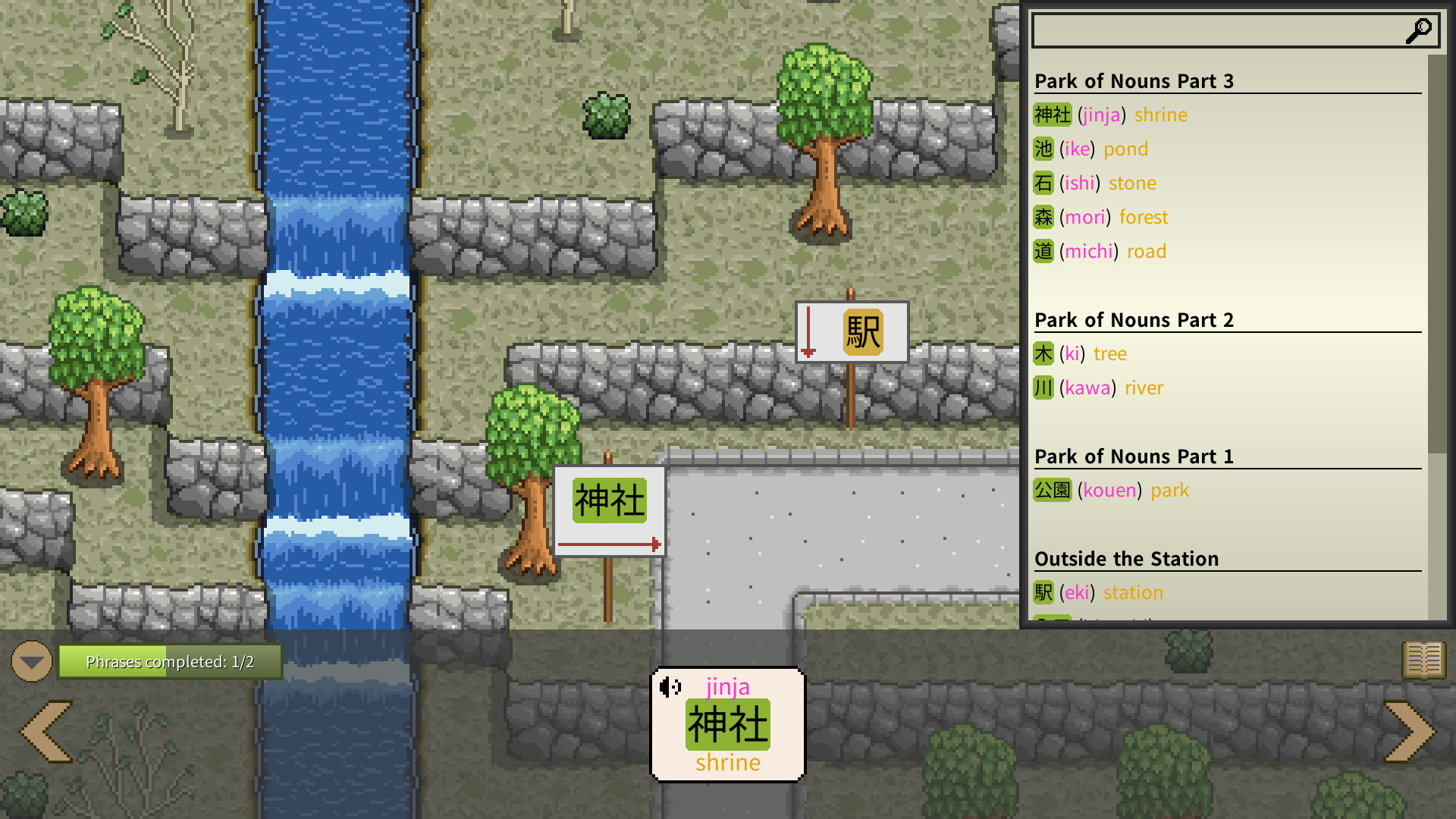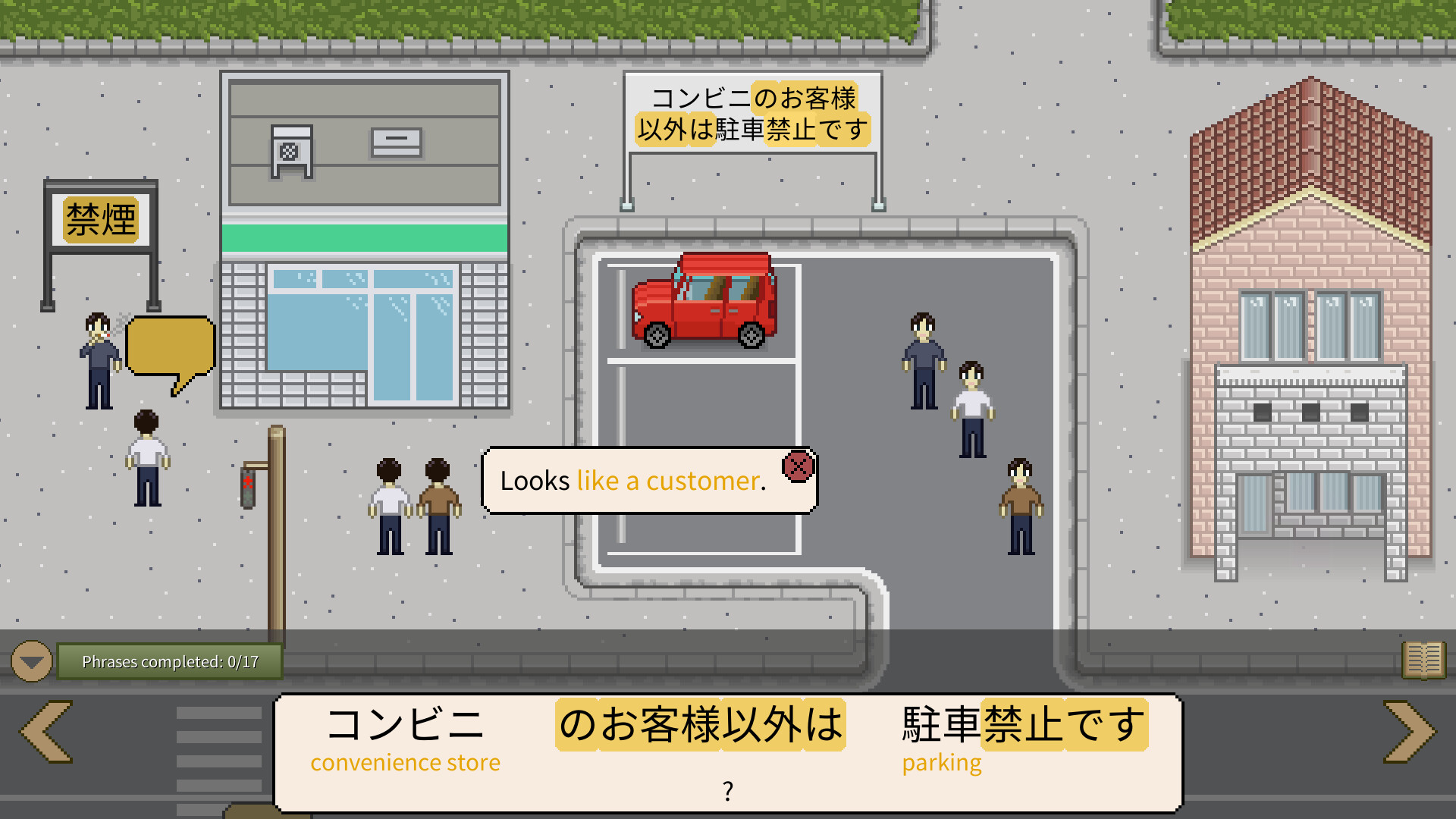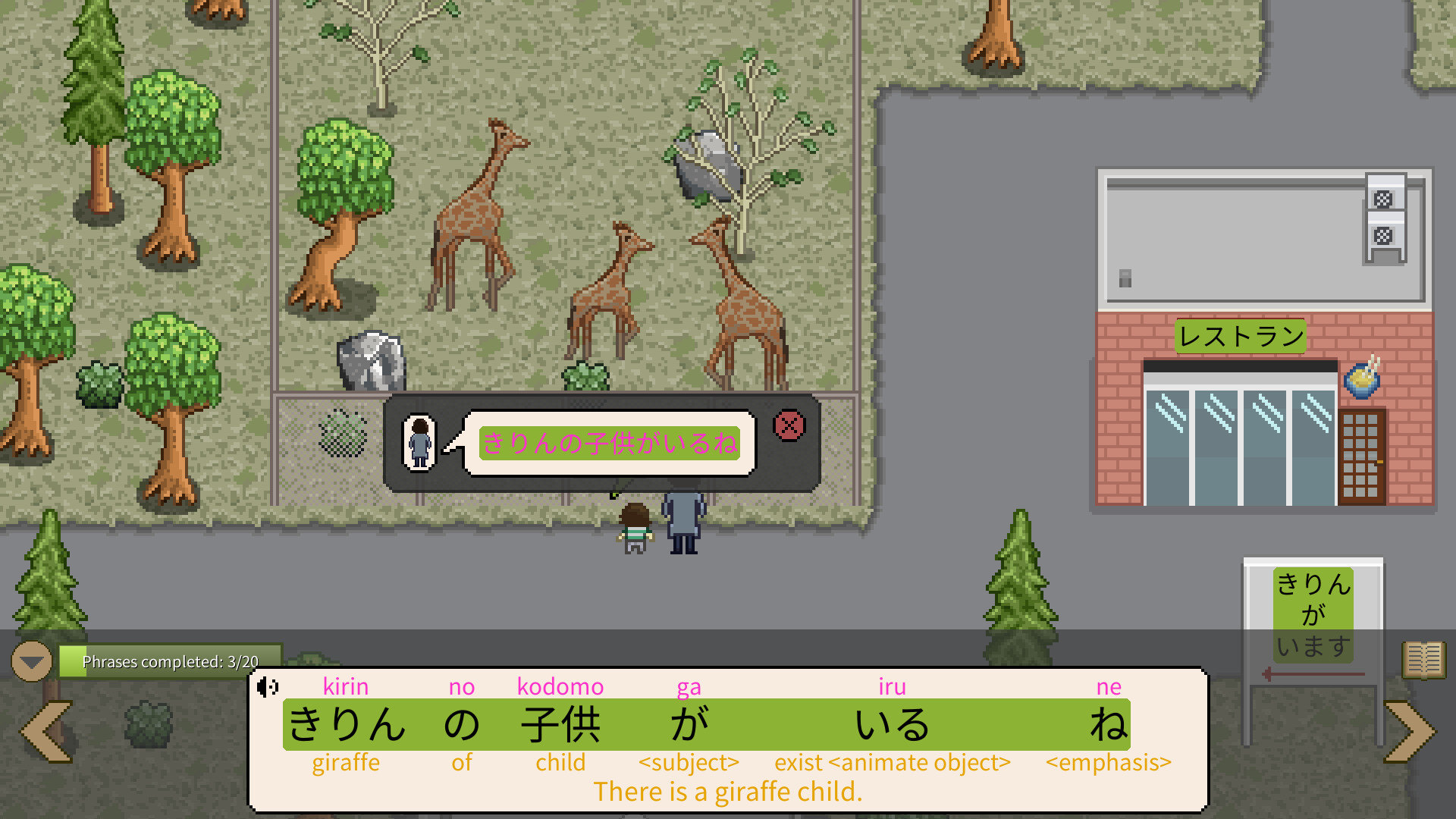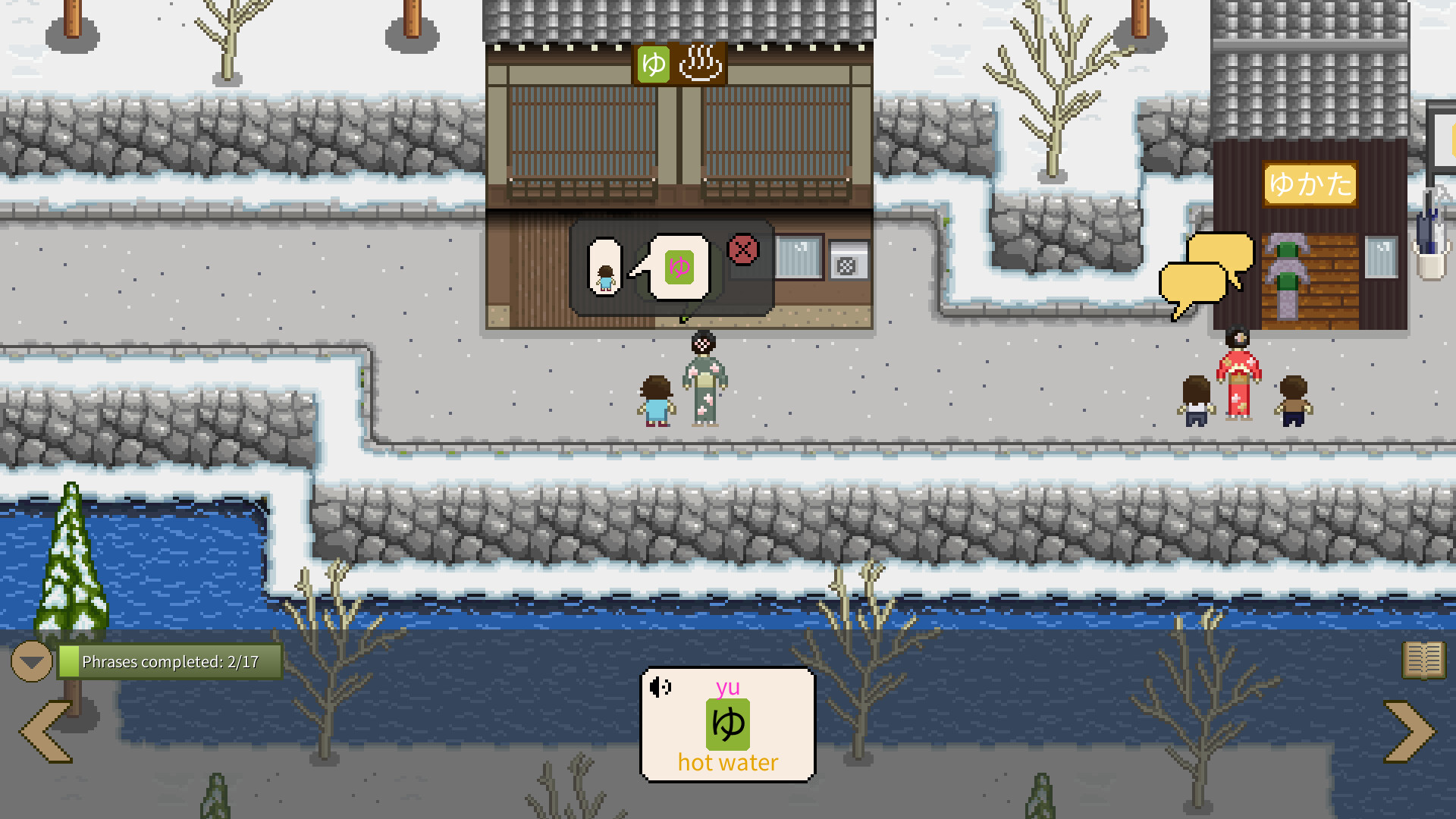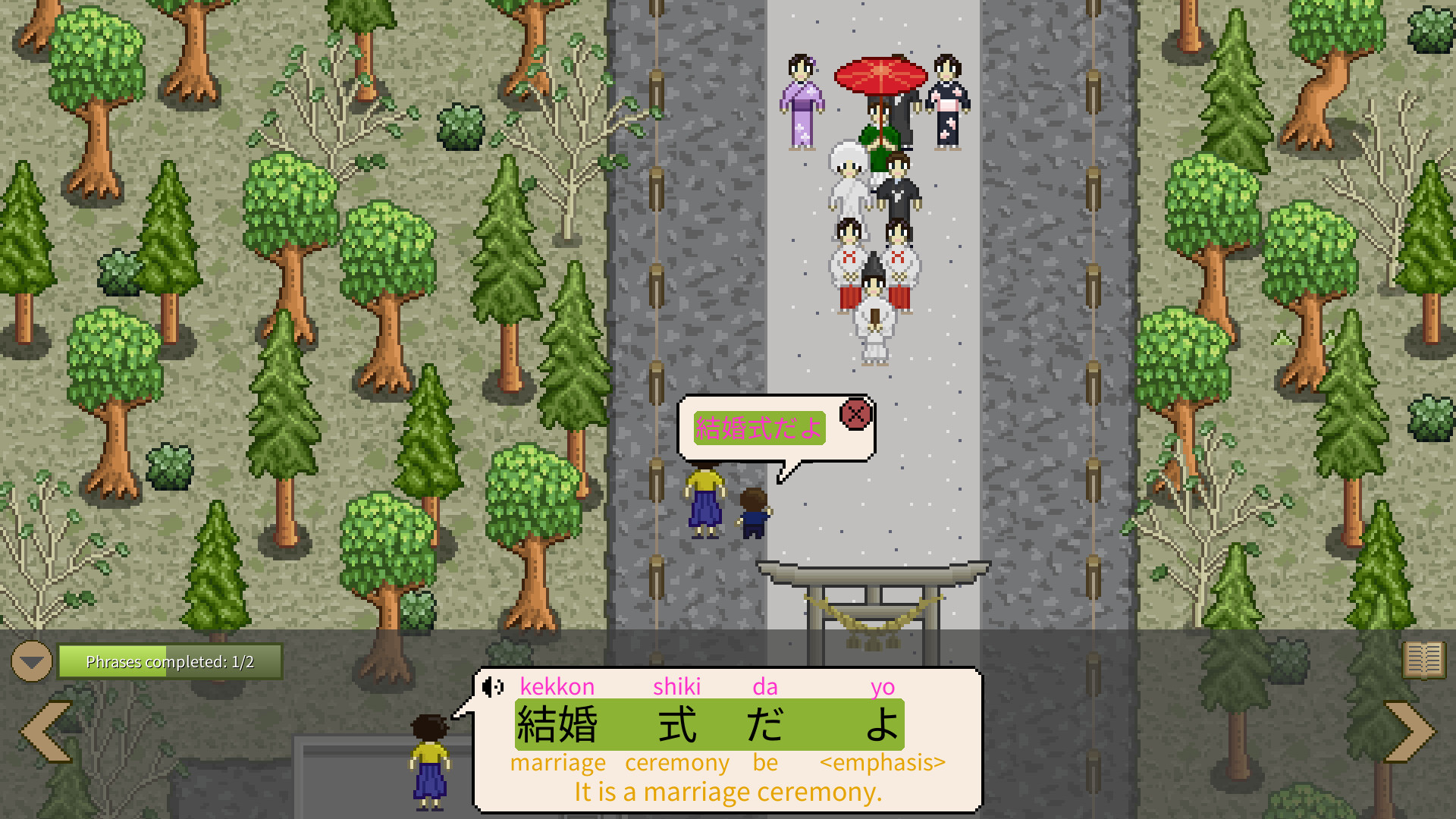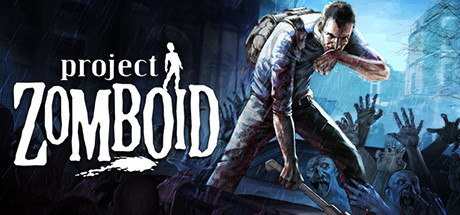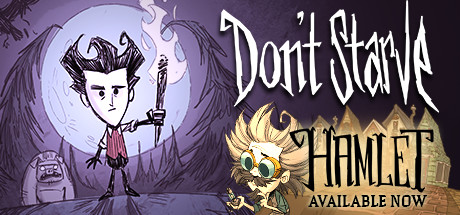Playtime:
612 minutes
[i]So to Speak[/i] is a Japanese language-learning game where you match the correct word with its object. It is the best language-learning game I've ever played (take my words w/ a grain of salt anyway, since I'm not actively seeking out the language-learning genre in general).
The game does it right in many aspects. The first notable one is the concept of "listen first, read later." Another is that it incorporates [i]the language[/i] as many of you shall encounter in real life—travelling to Japan for pleasure—unlike other "serious" lessons that revolve around working culture, drill down too deep too early (like a huge family tree), or focus on 敬語.
In this game, you'll slowly build up your vocabulary alongside a bit of simple grammar. The vocab is around N5 level and covers your basic day-to-day life, which is quite adequate if you're planning to visit Japan for a week or two.
Now—if you're equipped with some knowledge of Japanese—heads up that in this game, some kanji don't have a corresponding reading, and some spoken words don't have a corresponding kanji (only kana available). For example, there is no kanji 見 that directly links to the meaning of "see"; however, this kanji exists accidentally as a proper name, so you can use it to match the word "see" anyway... This might annoy some who wish to tag all the words (like me lol), but I guess that's a quirk of language in the real world: you'll occasionally encounter hapax legomena.
This relaxed-matching also comes with a downside: it might accidentally match homonyms. For example, a word like "like" in the context of "it looks like" can be matched to 好き; or the English particle "to" can be matched to と.
Despite that, the game is fun and functional. It still has room for improvement, IMO:
First, the dictionary on the right panel of the screen could use a redesign. Right now, it's not quite acting as a "dictionary," but more like a collection of every conversation & signage instead. So it's quite hard to find the word you need despite having the "search" box.
I think this dictionary could be better split into 3 tabs:
[list]
[*] [b]conversation[/b]: records every convo/sign in chapter order (the current behavior);
[*] [b]dictionary[/b]: records only words, like a traditional dictionary;
[*] [b]favorite[/b]: a blank page for players to pin the words themselves.
[/list]
The favorite page will likely solve many issues in the game and let the player tackle it with their own technique. For me, I'll use that page to record common words and all of the particles, so when I hear a sentence:
「さくらははるにぴんくいろになるよ。」
I'll try to match the [i]particles[/i] first in order to structure the sentence (and not mistakenly tag はは as 母 lol). So the structure becomes:
「さくら—は—はる—に—ぴんく—いろ—に—なる—よ。」
Which is now clearly:
「桜は春にピンク色になるよ。」
Secondly, the game is not quite serious about matching the exact word. In particular, Japanese has 〜ある and 〜いる, which convey very similar meanings but have different usage details (likely comparable to "be/is/am/are" in English). Maybe—just maybe—this needs to be matched exactly for players who wish to seriously learn the language (maybe a "hard mode" will do).
Lastly, the game sometimes interprets a natural Japanese sentence into a natural English sentence. This, of course, makes the sentence sound [i]natural[/i]. But it also loses the language's nuance. For example:
「お母さんに電話をかけているよ。」
Is translated to:
"I am talking to (my) mother." — losing the [i]phone[/i] part.
While this is [i]perfectly[/i] fine in translating something for mass media, in the context of language-learning, I don't think it works... Instead, I think the learner should embrace weird translations that keep nuance intact.
I'm more than thrilled to see DLCs for this game (which might expand the vocab to N4–N3, more grammar, or a variety of scenarios, e.g., police station, doctor's appointment, a date, etc.)
頑張ろう、みなさん!
👍 : 0 |
😃 : 0
